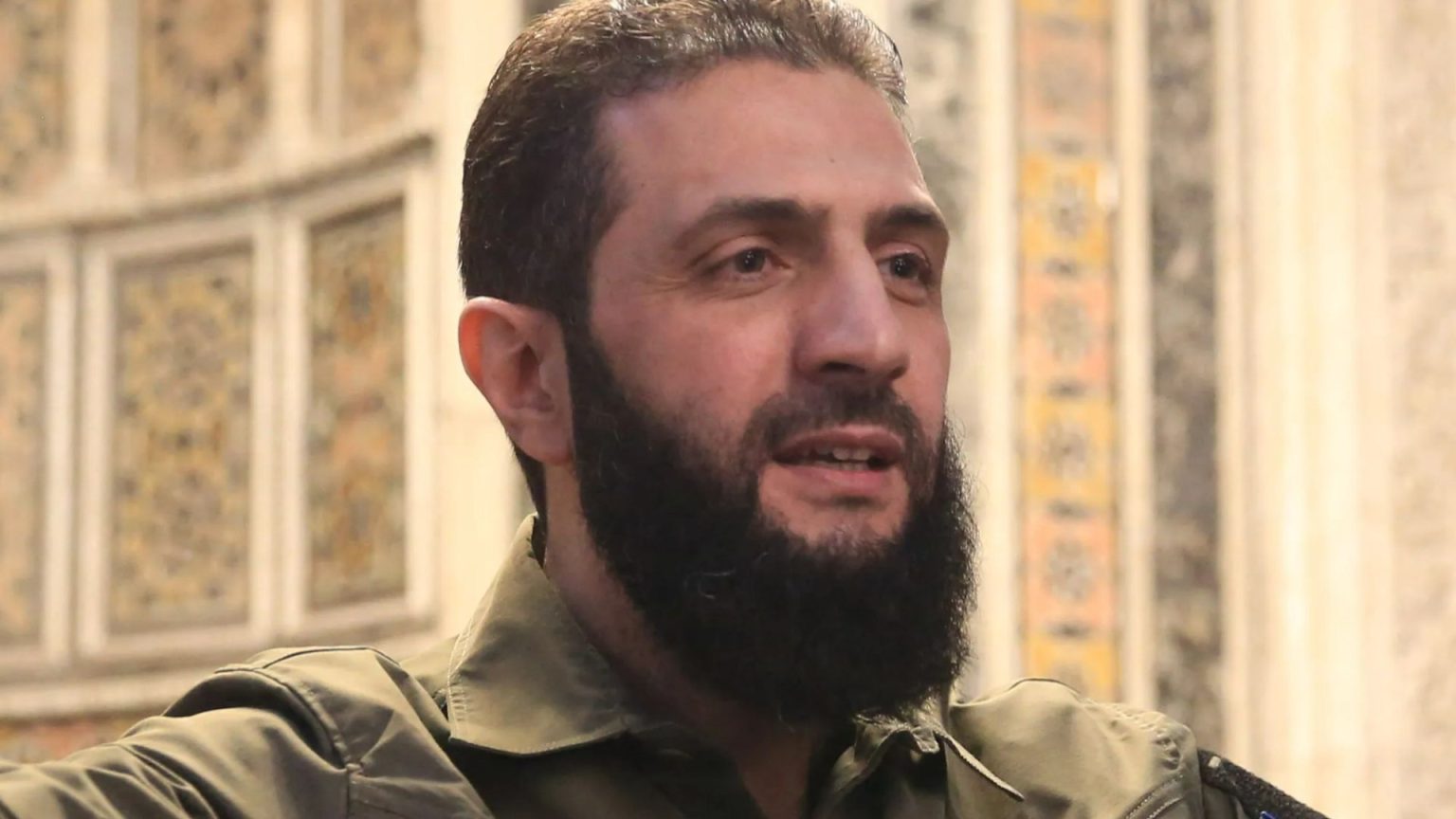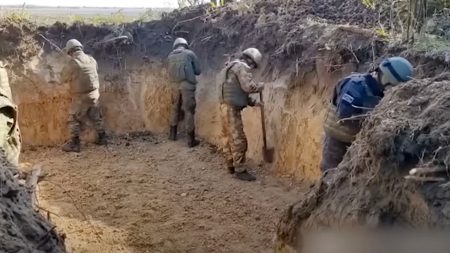The unexpected downfall of Syrian President Bashar al-Assad, while seemingly a positive development given his regime’s history of atrocities, including the use of chemical weapons, has ushered in a new era of uncertainty and potential danger for the region and the wider world. The ascendancy of Hayat Tahrir al-Sham (HTS), a jihadist group with links to al-Qaeda and other extremist organizations, presents a significant threat, potentially inspiring further acts of terrorism both regionally and internationally, including in Britain. This power vacuum opens the door for HTS to establish a stronghold in Syria, further destabilizing the region and potentially triggering a mass exodus of refugees seeking safety from the ensuing chaos. The international community must recognize the profound implications of HTS’s rise and take proactive measures to mitigate the escalating risks.
The rise of HTS, while seemingly confined to Syria, carries global ramifications. The group’s ideology and proven track record of violence signal a clear danger to international security. Their stated lack of interest in external jihad should be treated with extreme skepticism, as their actions and affiliations suggest otherwise. With an expected focus on consolidating power within Syria, HTS is likely to target Israel, further exacerbating regional tensions. Their ambitions may extend to Jordan, seeking to destabilize the monarchy and establish an Islamist regime. This domino effect of extremism poses a direct threat to regional stability and could easily spill over into neighboring countries, creating a breeding ground for radicalization and violence.
The international community, particularly Western powers, must take immediate and decisive action to address the growing threat emanating from Syria. Pressure should be exerted on Turkey and Qatar, both of whom have been accused of supporting HTS, to cease their involvement and actively work towards restraining the group. Furthermore, increased collaboration with Israeli intelligence agencies becomes crucial in gathering vital information to anticipate and prevent potential terrorist attacks. A unified and proactive approach is essential to contain the spread of extremism and protect global security from the escalating threat posed by HTS.
The evolving situation in Syria also presents a significant humanitarian challenge. The likelihood of intensified civil war and inter-factional fighting paints a grim picture for the Syrian people. Millions more could be displaced, triggering another massive refugee crisis that would inevitably impact Europe and strain resources worldwide. The international community must prepare for this potential influx and develop comprehensive strategies to address the humanitarian needs of those fleeing the conflict. Failure to do so could lead to further destabilization and exacerbate existing tensions within host countries.
The disappearance of Assad and his wife adds another layer of complexity to the already volatile situation. The uncertainty surrounding their whereabouts further underscores the chaotic nature of the current environment and hinders efforts to establish a clear path forward. The international community must prioritize efforts to locate them and hold them accountable for the atrocities committed under their regime. This includes investigating and prosecuting war crimes and crimes against humanity to ensure justice for the victims of the Syrian conflict.
In conclusion, the collapse of Assad’s regime, while seemingly positive on the surface, has unleashed a Pandora’s Box of new dangers. The rise of HTS represents a significant threat to regional and international security, requiring immediate and concerted action from the global community. The potential for further conflict and mass displacement of civilians reinforces the need for a comprehensive and proactive approach. This includes pressuring regional actors to withdraw support for HTS, enhancing intelligence sharing, and preparing for a potential humanitarian crisis. The international community must act decisively to prevent Syria from becoming a breeding ground for further extremism and ensure a stable and secure future for the region.











